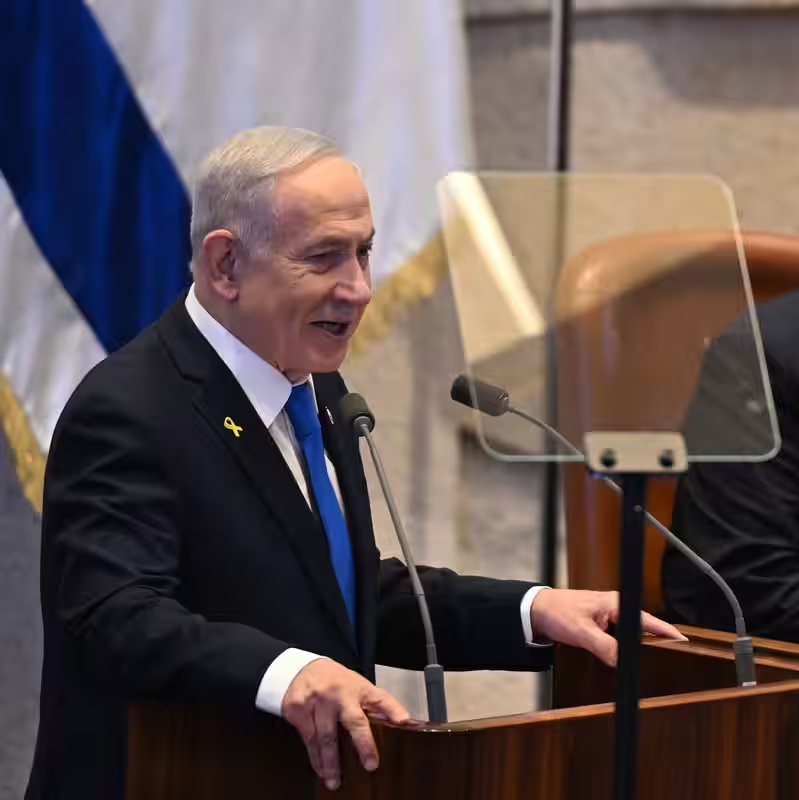Netanyahu has ordered immediate military action in Gaza following what Israel describes as a clear violation of the ongoing cease-fire by Hamas. On Tuesday evening, the Israeli Prime Minister’s office announced “forceful strikes” after Hamas allegedly opened fire on Israeli troops and refused to return the bodies of deceased hostages .
Table of Contents
- Hamas Accused of Cease-Fire Violation
- Netanyahu’s Swift Military Response
- What’s Happening on the Ground in Gaza?
- Global Reaction and Diplomatic Fallout
- Sources
Hamas Accused of Cease-Fire Violation
Despite a fragile truce that began earlier this month, tensions have continued to simmer in the region. According to Israeli officials, Hamas fighters attacked Israeli forces in Rafah, a city in southern Gaza, and failed to comply with a key humanitarian component of the cease-fire agreement: the return of hostages’ remains .
“Hamas have violated the framework by not returning hostages and attacking our forces,” said David Mencer, spokesperson for Prime Minister Benjamin Netanyahu, in a statement released Tuesday night .
As of press time, Hamas had not issued an official response to Israel’s allegations.
Netanyahu’s Swift Military Response
In a decisive move, Netanyahu authorized immediate and “forceful strikes” across the Gaza Strip. The order marks a significant escalation just weeks into what was meant to be a stabilizing pause in hostilities.
An Israeli military official, speaking anonymously due to the sensitivity of ongoing operations, confirmed that the Rafah incident triggered the renewed offensive. This isn’t the first breach since the truce began—last week, Israel conducted airstrikes after two soldiers were killed in clashes, though both sides publicly reaffirmed their commitment to the cease-fire afterward .
What’s Happening on the Ground in Gaza?
Residents in southern Gaza, particularly in Rafah, reported hearing explosions and seeing plumes of smoke rising late Tuesday night. Communications in parts of the Strip have been intermittent, making independent verification difficult.
Humanitarian agencies have expressed deep concern. With over 1.9 million people already displaced in Gaza, renewed bombardment threatens to worsen an already catastrophic situation for civilians lacking access to food, clean water, and medical care.
Global Reaction and Diplomatic Fallout
The international community is closely monitoring developments. The United Nations has called for restraint from all parties, while key Western allies, including the United States and European Union members, are expected to issue statements urging de-escalation.
Diplomats warn that this latest flare-up could derail fragile negotiations aimed at securing a longer-term peace framework and the release of remaining hostages.
For now, all eyes remain on Gaza as the situation continues to evolve rapidly.




